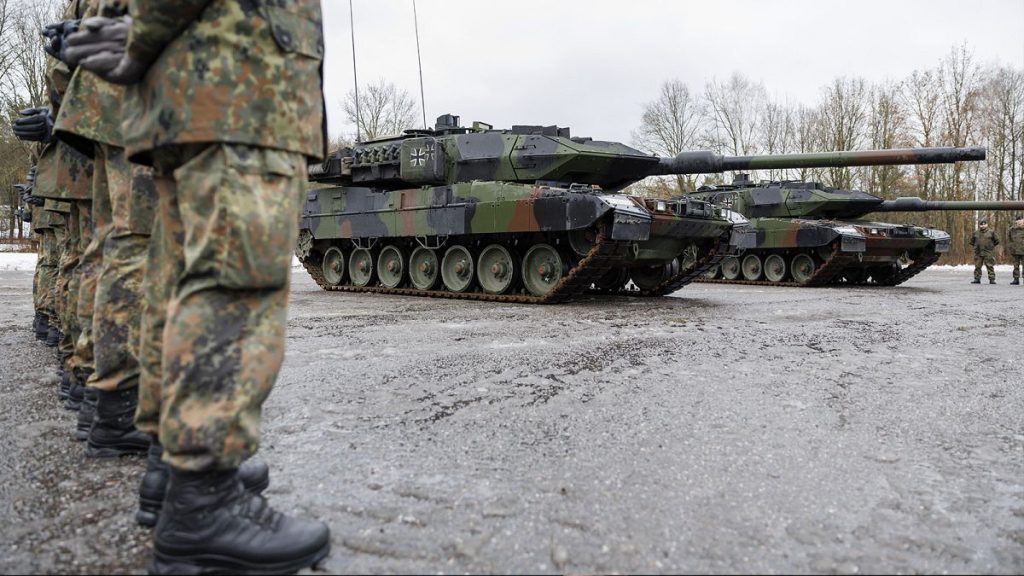German intelligence chief Bruno Kahl has raised significant concerns regarding Russia’s hybrid warfare tactics and their implications for NATO’s collective security. At an event hosted by the DGAP think tank in Berlin, Kahl emphasized that the increasing use of hybrid measures, which encompass a wide range of activities from physical sabotage to cyber attacks and disinformation campaigns, could ultimately pressure NATO to invoke Article 5 of its treaty obligations. This article, a fundamental aspect of NATO’s mutual defense commitments, states that an armed attack against one member is considered an attack against all, compelling the alliance to take necessary actions to restore security.
Kahl pointed out that Russia’s continued aggressive posture, particularly its enhanced military capabilities, presents a direct threat that could instigate military confrontations with NATO. Intelligence analysis from Germany indicates that decision-makers in Russia’s defense sector are skeptical about whether NATO would act under Article 5 following a provocation against a member state. Such skepticism could embolden Russia to further pursue its interests through hybrid warfare, which aims to destabilize and undermine Western unity without resorting to outright military invasion.
This warning aligns with growing apprehensions within NATO regarding Russia’s activity in Europe, notably in the wake of recent incidents suggesting sabotage. For instance, two underwater communications cables were cut in the Baltic Sea, which Germany’s Defense Minister Boris Pistorius deemed suspiciously as acts of sabotage indicative of hybrid tactics. In addition, there has been an increase in cyber attacks attributed to Russian actors and a series of arson incidents across Europe, raising alarms across the alliance. Despite these developments, Moscow has consistently denied any involvement in such nefarious actions.
Kahl concluded that while Russia’s military could potentially pose a direct threat to NATO by 2030, any aggression would likely seek to weaken the cohesion of the alliance rather than aiming to occupy territory outright. He illustrated this idea by referencing the potential deployment of special forces or unmarked troops into regions like the Baltic states or Svalbard to claim intervention rights for protecting Russian minorities. Thus, the nature of warfare is shifting towards more clandestine operations, seeking to exploit divisions within Europe rather than pursuing conventional military conquest.
The International Institute for Strategic Studies (IISS) has echoed Kahl’s sentiments, highlighting the challenges Western governments face in mounting a coordinated response to Russia’s hybrid operations. Their analysis suggests that as long as NATO member states are divided on how to confront these hybrid threats decisively, Europe remains vulnerable to ongoing destabilizing actions from Moscow. This division complicates the alliance’s ability to present a united front in defense of its members against unconventional warfare strategies.
Several leaders within Europe are increasingly vocal about the need to take these hybrid threats more seriously. Danish Prime Minister Mette Frederiksen noted that Russia engages in daily attacks using these insidious tactics, calling for a more assertive and united response. Her remarks reflect a growing recognition among European nations that they must enhance their resilience against Russia’s ongoing hybrid warfare efforts. The consensus appears to lead toward expanding NATO’s strategic framework to include more proactive measures in countering the evolving risks posed by Russia’s hybrid strategies, ensuring the alliance’s collective defense capabilities are sufficiently robust to mitigate these threats.














